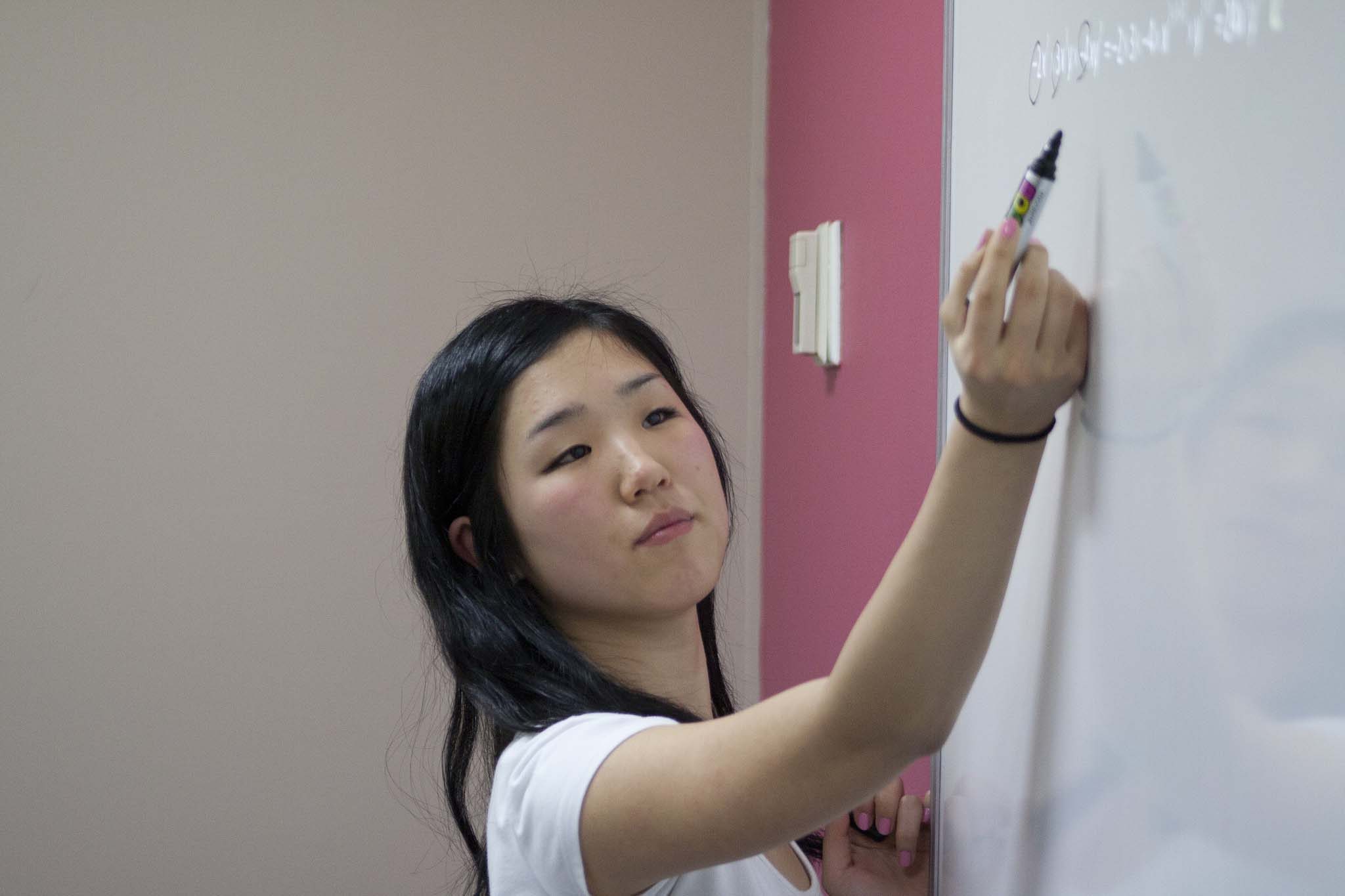
Students at Qatar’s international schools are learning from teachers who are, on average, younger and less experienced than in years past, figures released by the country’s Supreme Education Council (SEC) show.
According to its latest Education in The Schools of Qatar report, teachers in Qatar’s international schools (which include American, British, Indian and Filipino schools) had an average of 10.9 years’ experience in the 2013-14 school year. That’s down from 12.2 years in 2011-12.

At the same time, the amount of teaching experience held by educators in Qatar’s independent (state-run) and private Arabic schools has stayed relatively constant, at 11.4 and 13.5 years, respectively.
Despite the figures contained in the report, several recruiters and educators here said Qatar remains an attractive country for mid-career professionals.
Some added that they haven’t seen any noticeable differences in the demographics of teachers landing positions here.
However, as more private schools are opening across the GCC and beyond, demand for high-caliber teachers interested in working abroad is outpacing supply, according to one recruiter.
“Competition is growing across the board in the private education sector,” Zak Khalid, a senior international consultant at SeekTeachers, told Doha News.
By the numbers
Roughly three out of five students in Qatar (including nationals and expats) attend a private school or kindergarten.
Staff retention at Qatar’s schools has been a challenge in past years with slightly more than half of faculty members turning over in international schools in 2012-13.

The figure was even higher – 64 percent – at private Arab schools, while 38 percent of teachers at state schools were new that year.
The SEC did not include comparable turnover statistics in its latest report, which asks educators, parents and students for their opinions and observations on multiple topics, including the availability of IT and library resources, extra-curricular activities and satisfaction with their school, among other topics.
However, the declining average age and years of experience suggests that turnover remains high among Qatar educators.
Younger/cheaper
That’s despite teachers reporting a declining workload, as well as consistently high levels of satisfaction with their workplace and supervisors. However, salary levels remain a sore spot for some (see sidebar).
Niall Brennan, the director of Park House English School, told Doha News that he hasn’t seen any noticeable changes in the amount of experience new teachers are bringing to his facility.
However, he suggested that other schools facing budgetary pressure may be specifically recruiting recent university graduates as a way to control costs.
In 2013-14, the year the survey was conducted, the SEC turned down the majority of requests from private schools to increase tuition.
But ahead of the start of the current academic year, the SEC approved 106 of the 147 applications to raise rates, the Qatar Tribune reported, adding that in 60 of those cases, schools were limited to increases of 2 percent.
“Younger teachers are cheaper,” Brennan said.

He added that some larger schools in Qatar try to set aside a certain percentage of positions for younger teachers as a way of diversifying the faculty and helping recent graduates gain experience.
Some have suggested that many mid-career teachers came to the Gulf after being laid off from their jobs in Europe, Canada and the US following the 2008 financial crisis.
In a recent interview with the National, Ash Pugh – operations director for placement firm Teach Away – said now that economic conditions have improved in the west, the financial appeal of the Gulf has diminished somewhat.
“Now things are really back on the uptick so a lot of teachers are able to go home because the opportunities are available,” he was quoted as saying.
However, Khalid from SeekTeachers said teachers are usually motivated to pursue international career opportunities by more than just money.
An individual’s willingness and interest in living abroad, as well as their personal, financial and career circumstances all factor in, he said.
Thoughts?







